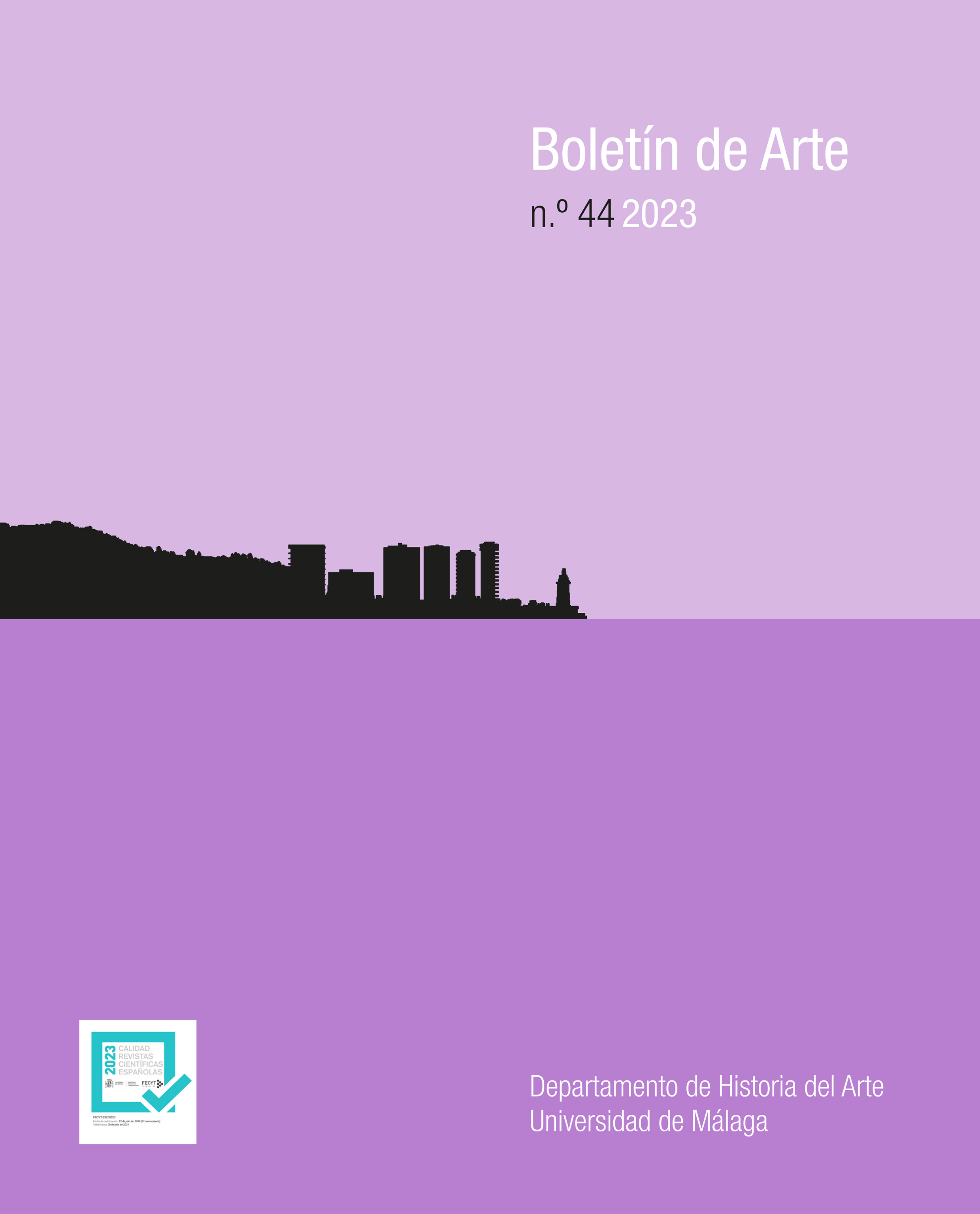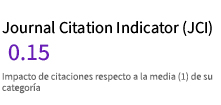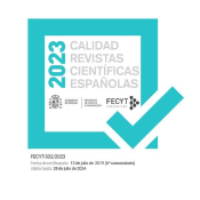Maria Eichhorn’s 5 Weeks, 25 Days, 175 Hours (2016): Subjectivity and Time in Post-Fordist Labor
DOI:
https://doi.org/10.24310/ba.44.2023.16282Keywords:
Maria Eichhorn, Institutional Critique, Subjectivation, Labor, Post-Fordism, Conceptual Art, PrecarizationAbstract
In this essay, Maria Eichhorn’s 2016 intervention at Chisenhale Gallery 5 weeks, 25 days, 175 hours serves as a foundation to examine the figure of the artistic worker in the Post-Fordist context. Departing from an art-historical analysis of Eichhorn’s gesture of closing the gallery and giving the staff free time, I explore the new subjectivity of the worker from a bio-political perspective, dwelling on the notion of self-precarization. An analysis of Eichhorn’s work shows how the neoliberal worker has been revealed as a subject who takes responsibility for her job insecurity and allows work to penetrate her private life. I argue that Eichhorn’s gesture acts as a reminder of how, as a consequence of the development of the new model of labor, every aspect of life is occupied by the imperative of productivity, complicating traditional ways of resistance.
Downloads
Metrics
References
ALBERRO, Alexander (2006), Art after conceptual art, The MIT Press, Cambridge, Massachusetts.
ALBERRO, Alexander, & STIMSON, Blake (eds.) (2011), Institutional critique: An anthology of artists’ writings. MIT Press, Cambridge, Massachusetts.
ALTER, Nora M., & ALBERRO, Alexander (2017), «Displacement and Redirection in the Work of Maria Eichhorn», Maria Eichhorn: Kunsthaus Bregenz, pp. 93-106.
ARANDA, Julieta, KUAN WOOD, Brian & VIDOLKE, Anton (eds.) (2011), Are You Working too Much? Post-Fordism, Precarity, and the Labor of Art, Steinberg Press, Berlin.
BOLOGNA, Sergio (1997), «Dieci tesi per la definizione di uno statuto del lavoro autonomo», in BOLOGNA, Sergio y FUMAGALLI, Andrea (eds.), Il lavoro autonomo di seconda generaziones. Secenari del postfordismo in Italia, Feltrinelli, Milano, pp. 13-42.
BUCHMANN, Sabeth (2006), «Under the sign of Labor», in ALBERRO, Alexander, Art after conceptual art, The MIT Press, Cambridge, Massachusstes, pp. 179-182.
BUTLER, Judith (2015), «Foreword» in LOREY, Isabell, State of insecurity: Government of the precarious, Verso, New York.
CARNEVALE, Graciela (2011), «Project for the Experimental Art Series 1968» in ALBERRO, Alexander & STIMSON, Blake (eds.), Institutional critique: An anthology of artists’ writings, MIT Press, Cambridge, Massachusetts.
CHISENHALE GALLERY (2016), Maria Eichhorn: 5 Weeks, 25 Days, 175 Hours [Press Release].
COPELAND, Mathieu & LOVAY, Balthazar G. (eds.) (2017), The anti-museum: An anthology. Fri Art, Koenig Books.
DELCORDE, Anahita (2021), «Let me Sleep. Dreaming about Maria Eichhorn’s 5 weeks, 25 days, 175 hours», Afterall.
DEUTSCHE, Rosalyn (1992), «Art and public space: Questions of democracy», Social Text, 33, pp. 34-53.
EICHHORN, Maria (2011), «Maria Eichhorn Public Limited Company (2002)», in ALBERRO, Alexander, Institutional Critique. An Anthology of Artists’ Writings, The MIT Press, Cambridge, Massachusetts, pp. 386-393.
EICHHORN, Maria (2016), Maria Eichhorn: 5 Weeks, 25 Days, 175 Hours, Chisenhale Gallery.
EICHHORN, Maria (2017), «Statement, 2016» in SIGLER, Friederike, Work, Whitechapel Gallery: The MIT Press, London, pp. 224-225.
FEDERICI, Silvia (2012), Revolution at point zero: Housework, reproduction, and feminist struggle, Autonomedia, New York.
FERRELL, Elizabeth A. (2006), «The lack of interest in Maria Eichhorn’s work» in ALBERRO, Alexander, Art after conceptual art. The MIT Press, Cambridge, Massachusetts.
FOUCAULT, Michel (1999), Michel Foucault: Estética, ética y hermenéutica, Paidós, Barcelona.
FOUCAULT, Michel (2008), The birth of biopolitics: Lectures at the Collège de France, 1978-79. Palgrave Macmillan, London.
GILL, Rosalind & PRATT, Andy (2008), «In the Social Factory?: Immaterial Labour, Precariousness and Cultural Work», Theory, Culture & Society, vol. 25, no 7-8, pp. 1-30. https://doi.org/10.1177/0263276408097794.
HARDT, Michael & NEGRI, Antonio (1994), Labor of Dionysus: A critique of the state-form, University of Minnesota Press.
HOLMES, Brian (2001), The Flexible Personality, <http://translate.eipcp.net/transversal/1106/holmes/en.html>.
LAZZARATO, Maurizio (1996), «Immaterial Labor», in VIRNO, Paolo & HARDT, Michael (eds.), Radical thought in Italy: A potential politics: vol. v. 7, University of Minnesota Press.
LAZZARATO, Maurizio (2006), «Trabajo autónomo, producción por medio del leguaje y general intellect», Brumaria. Arte Máquinas Trabajo Immaterial, 7, pp. 35-45.
LÓPEZ-ÁLVAREZ, Pablo (2016), «La plasticidad forzada. Cuerpo y trabajo», Daimon Revista Internacional de Filosofía, pp. 679-688.
LOREY, Isabell (2015), State of insecurity: Government of the precarious, Verso, New York.
LOREY, Isabell (2016), «Precarisation, Indebtedness, Giving Time. Interlacing Lines across Maria Eichorn’s 5 weeks, 25 days, 175 hours», in Maria Eichhorn: 5 Weeks, 25 Days, 175 Hours, Chisenhale Gallery.
MITROPOULOS, Angela (2012), «Precari-Us?», LIBRARYSTACK. Retrieved November 16, 2022, from <https://www.librarystack.org/precariat/>.
RAUNIG, Gerald (2007), «The Monster Precariat», Translate, Retrieved December 2022, from <http://translate.eipcp.net/strands/02/raunig-strands02en.html>.
SIGLER, Friederike (ed.) (2017), Work, Whitechapel Gallery, The MIT Press.
TERRANOVA, T. (2004), Network culture: Politics for the information age, Pluto Press.
VIRNO, P. (2003), A grammar of the multitude: For an analysis of contemporary forms of life. Semiotext (e).
WUGGENIG, Ulf, RAUNIG, Gerald & RAY, Gene (eds.) (2011), Critique of Creativity: Precarity, Subjectivity and Resistance in the ‘Creative Industries’, Mayfly, London.
Downloads
Published
How to Cite
Issue
Section
License
Copyright (c) 2023 Clara Derrac Soria

This work is licensed under a Creative Commons Attribution-NonCommercial-ShareAlike 4.0 International License.
Todos los contenidos publicados en la revista Boletín de Arte están sujetos a la licencia Creative Commons Reconocimento-NoComercia-Compartirigual 4.0 cuyo texto completo puede consultar en <http://creativecommons.org/licenses/by-nc-sa/4.0>

Los/as autores/as cuyas contribuciones sean aceptadas para su publicación en esta revista conservarán el derecho no exclusivo de utilizar sus contribuciones con fines académicos, de investigación y educativos, incluyendo el auto-archivo o depósito en repositorios de acceso abierto de cualquier tipo.
La edición electrónica de esta revista esta editada por la Editorial de la Universidad de Málaga (UmaEditorial), siendo necesario citar la procedencia en cualquier reproducción parcial o total.











4.png)
